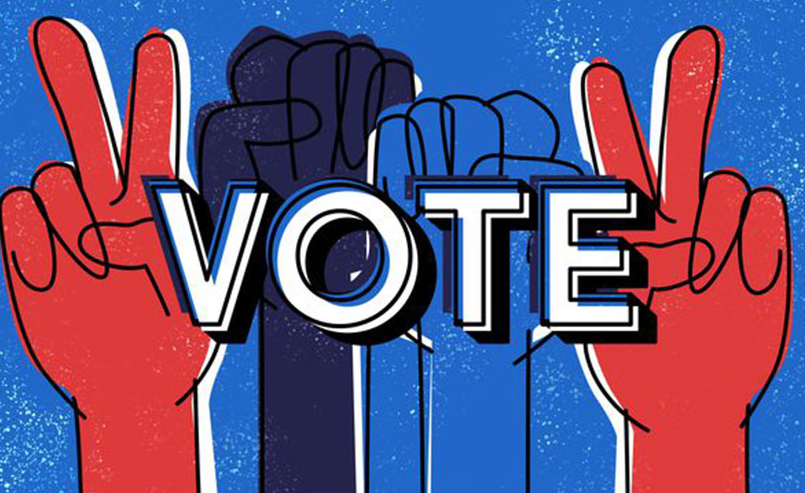Student Civic Duty
November 22, 2022
This past month, people all across the country voted for their State senators, Governors, and House of Representatives. PawPrints sent a survey to the students of QCHS to hear about their interest in voting and civic duty. Though most students are not yet 18, we wanted to know if they would vote and what their thoughts were.
As expected, the majority of the students were not eligible to vote. We first asked students if they were of age if they voted. Many students responded that they are not of the age to vote in the recent election. Out of the five students who said they are old enough to vote, only one responded they had. 90% of students voted that if they were of age in the recent election, then they would have voted.
We asked students if they did vote or if they could vote why they would. Many of the responses were positive, saying they believe they have a responsibility to vote and they also believe that they deserve to have a say on who is leading our country. One student said, “Voting shapes the community so people should support those who uphold their values and those who are willing to improve the future.” A few students responded saying they would not vote or did not because they believed they were not educated enough or believe voting was not worth their time. “I did not vote because I didn’t register”, and this was said by one of the four students of age to vote. Others shared that their parents influenced their vote, making them feel as if it is not necessary to vote.
Majority of QCHS students believe that they are not educated enough to vote and that they would need to learn more before they vote. We asked students to share ways and resources that could educate them on voting. Luckily, our school requires senior students to take political science, where they will learn about the basis of voting, however, more resources should be offered to students to educate. One student stated that we need more “Unbiased sources that tell the truth about both sides,” such as sections in a paper or a slideshow prior to Election day. Students want and need to be taught about voting, political parties, and candidates.
According to Sarah D. Spark’s, “How Schools Can Be More Effective at Growing Young Voters,” younger voters are 30 perecent more likley not to vote than older voters, schools including our school, can play a critical role in closing this gap. Other schools encouraged their students to vote by not only providing educational resources related to the past election this month, but also by having others educated on politics come speak to students. At Temple University they had stars Kerry Washington and Jabari Banks speak to students on the importance of voting, they also had past president and political icon Barak Obama come speak to students. Schools also used incentives, such as stickers and tshirts to encourage students to vote. I personally believe that prior to election day our high school should show a slideshow in social study classes or at an assembly that would teach students about the political parties, candidates, registery process, and voting process.
Based on our survery and research, it is clear that students would benefit from being further educated on politics and their Civic duty. Additionally, it appears that if students were educated the younger generation voter turnout would be higher. It is time schools stepup to educate their students further than they have on politics because not only when students want it they need it, so when they are of age to vote they will turnout.



